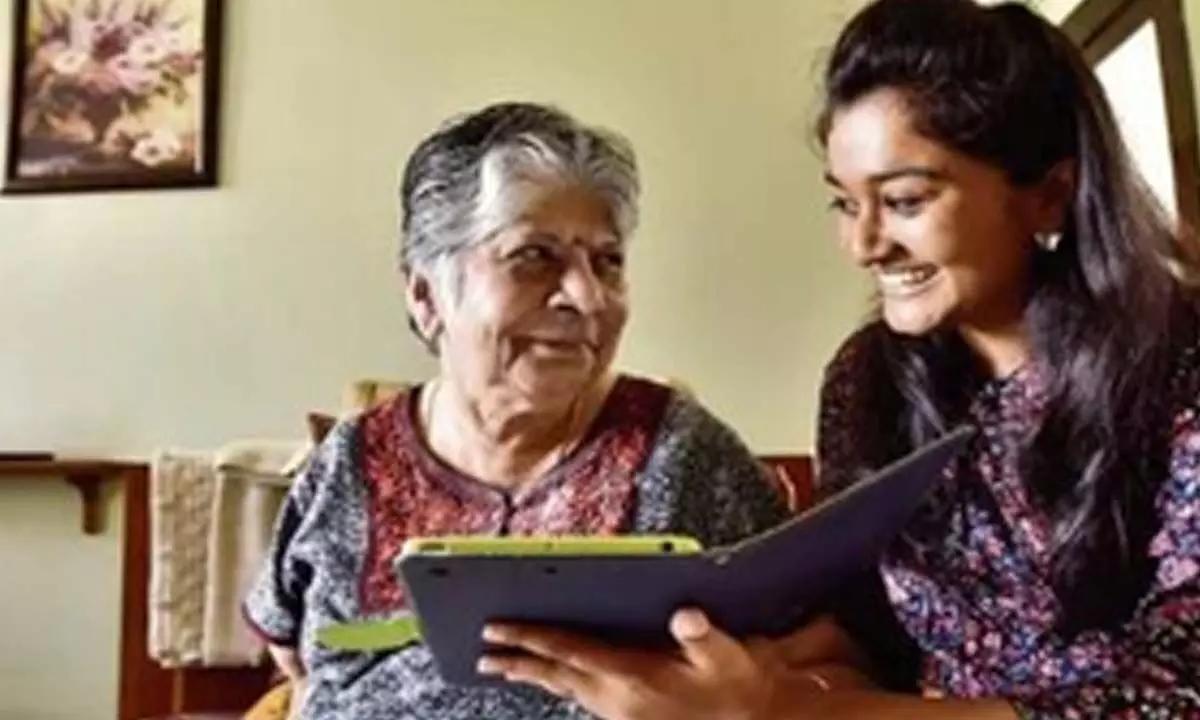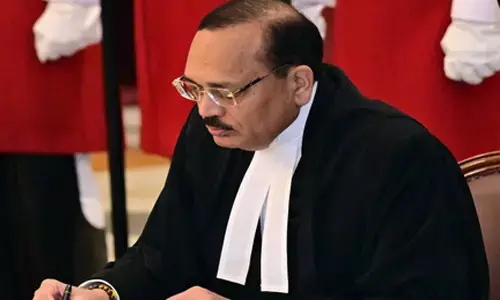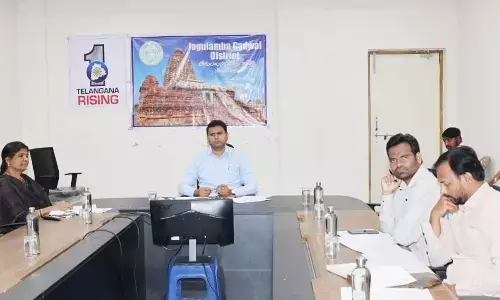Women employee can now nominate children for family pension
Share :

The government on Monday amended rules granting the women employee the right to nominate their son(s) or daughter(s) for family pension instead of her husband.
New Delhi: The government on Monday amended rules granting the women employee the right to nominate their son(s) or daughter(s) for family pension instead of her husband.
Minister of State (Independent Charge) Jitendra Singh said that the Department of Pensions and Pensioners' Welfare (DoP&PW) has introduced an amendment to the CCS (Pension) Rules, 2021 which will now allow a female government employees or pensioners to grant family pension to their eligible child/children after their own demise, instead of their spouse.
He said that the amendment will address situations where marital discord leads to divorce proceedings or cases filed under acts such as the Protection of Women from Domestic Violence Act, Dowry Prohibition Act or the Indian Penal Code.
He said that previously, the family pension was granted to the spouse of a deceased government servant or pensioner, while other family members became eligible only after the spouse's ineligibility or demise.
“The new amendment allows female government servants or pensioners to request the grant of family pension to their eligible child/children after their own demise, instead of their spouse,” he said.
The DoP&PW said that the female government servant or pensioner must make a written request to the concerned Head of Office, stating that family pension should be granted to her eligible child/children in precedence to her spouse, in the event of her death during the ongoing proceedings.
“If the female government servant or pensioner passes away during the proceedings, the family pension will be disbursed accordingly,” the DoP&PW said.
It said that if a woman employee is survived by a widower with no eligible child, the family pension will be payable to the widower.
“However, if the widower is the guardian of a minor child or a child suffering from a mental disorder, the family pension will be payable to the widower, as long as he remains the guardian. Once the child attains majority and remains eligible for family pension, it will be payable directly to the child,” DoP&PW said.
It said that for cases where the deceased female government servant or pensioner is survived by a widower and children who have attained majority but are still eligible for family pension, the family pension will be payable to such children.
“After all eligible children cease to be eligible for family pension, it will become payable to the widower until his death or remarriage, whichever occurs first,” the DoP&PW said.
It said that similarly, the families of missing employees covered under NPS can now get a family pension within six months of lodging FIR and not wait for seven years after which the employee is considered deemed dead.
“Even in cases where the government servant dies before completing a service of seven years, family pension shall be payable to the family at an enhanced rate of 50 per cent of last pay for the first 10 years and thereafter @ 30 per cent of last pay,” the DoP&PW added.













